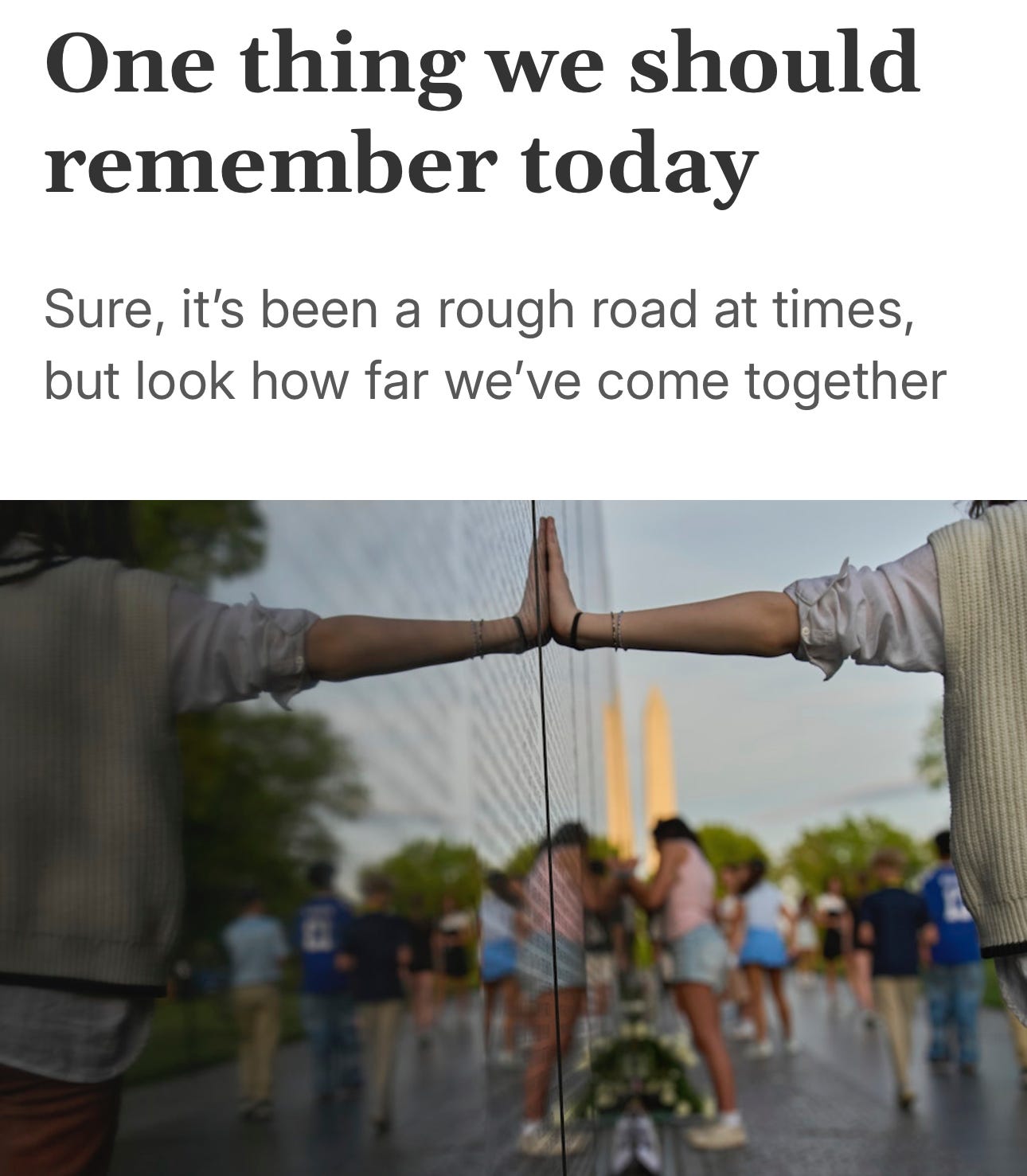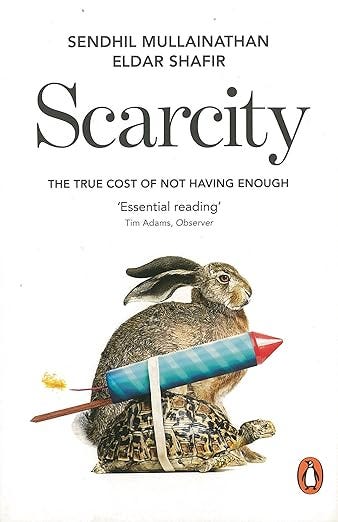Tracing freedom
When my daughter’s fingertips met the Vietnam Wall, the true price of liberty came into focus.

“We owe them our freedoms.”
The following excerpt is part of today’s Dallas Morning News column:
“One of my most unforgettable moments as a parent happened Memorial Day weekend in 2017, when we took our daughters to Washington, D.C., for their first visit to the capital.
“Our itinerary was packed: White House tour, stops at the Washington Monument, the Martin Luther King Jr. Memorial and the U.S. Capitol, among others. We ate crab cakes and enjoyed soft serve while soaking in the National Memorial Day Parade, gawking at the Rolling Thunder motorcycle rally for POWs and MIAs, and marveling at the city’s patriotic pageantry.
“But nothing stayed with me like the memorials to those who served and died in World War II, Korea and Vietnam. That’s where I felt most proud to be an American. And most heartbroken.
“I wept as my eldest daughter, then 11, pressed her forehead to the Vietnam Veterans Memorial wall, then reached up, tracing the etched names with her fingers as if reading braille, honoring lives lost long before she was born.”
My baby girl is a high schooler no more
Proud of this beauty. Twelve done; four more to go. Hookem!
What I’m reading
Scarcity: The True Cost of Not Having Enough | Sendhil Mullainthan and Eldar Shafir
Scarcity isn’t just an economic concept—it’s a lens that colors every choice, from the bills we pay to the bite we skip at lunch. In Scarcity, Sendhil Mullainathan and Eldar Shafir unpack how feeling “not enough” hijacks our thinking, siphoning mental energy and steering us toward decisions that deepen the very shortages we fear.
Two points of interest:
Psychological deep dive. Mullainathan and Shafir show how a scarcity mindset—be it money, time, or calories—narrows our focus, drains willpower, and fuels a cycle of poor choices.
Real-world fixes. From payday-loan reforms to menu redesigns, the authors map “band-aid” nudges (simple prompts to break the tunnel vision) and “cure” strategies (structural changes that replenish bandwidth) to help individuals and institutions escape scarcity’s trap.
In a nutshell
When we believe we lack, our brains switch into survival mode, and the costs are high. Scarcity illuminates how small, strategic tweaks to our environments—smarter incentives, clearer defaults, targeted support—can restore mental bandwidth and unlock better outcomes at scale. Full review forthcoming.





